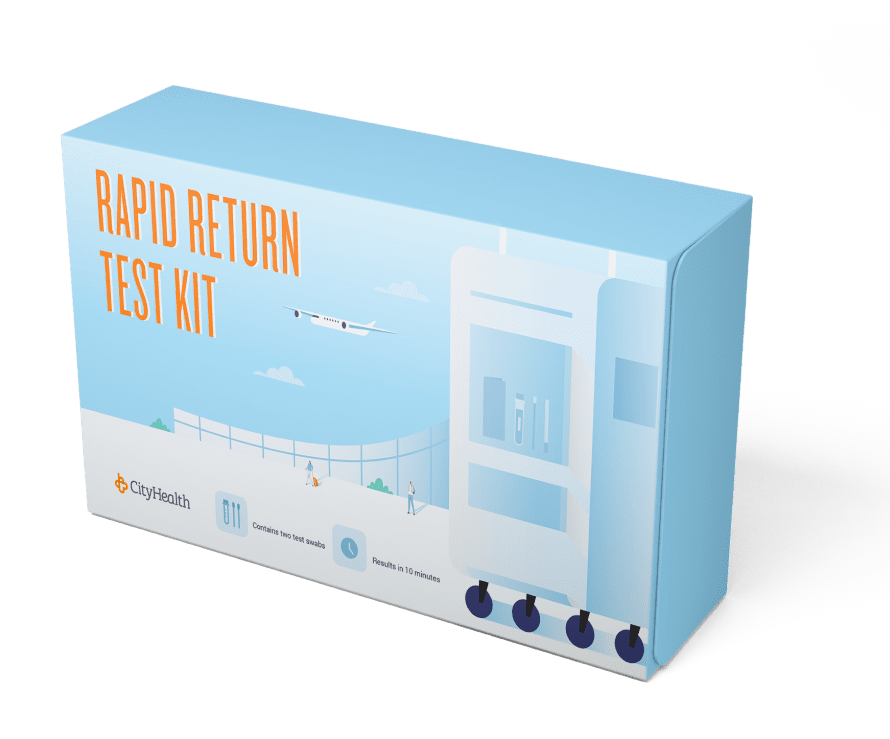- PCR testing is widely considered the gold standard for COVID-19 testing. This method involves amplifying the DNA of the virus, even in minuscule amounts, resulting in exceptional sensitivity and accuracy. However, PCR tests require specialized equipment and take longer to process. While they work with smaller viral loads, they provide reliable results.
- Antigen tests detect viral particles present in the liquid sample obtained from the individual. These tests rely on the interaction between the antibodies on a test strip and the viral particles. Antigen testing is fast and easy to administer. However, one limitation is that they require a sufficient amount of the virus to generate a positive result. Consequently, during the early stages of infection, antigen tests may produce false negatives.



